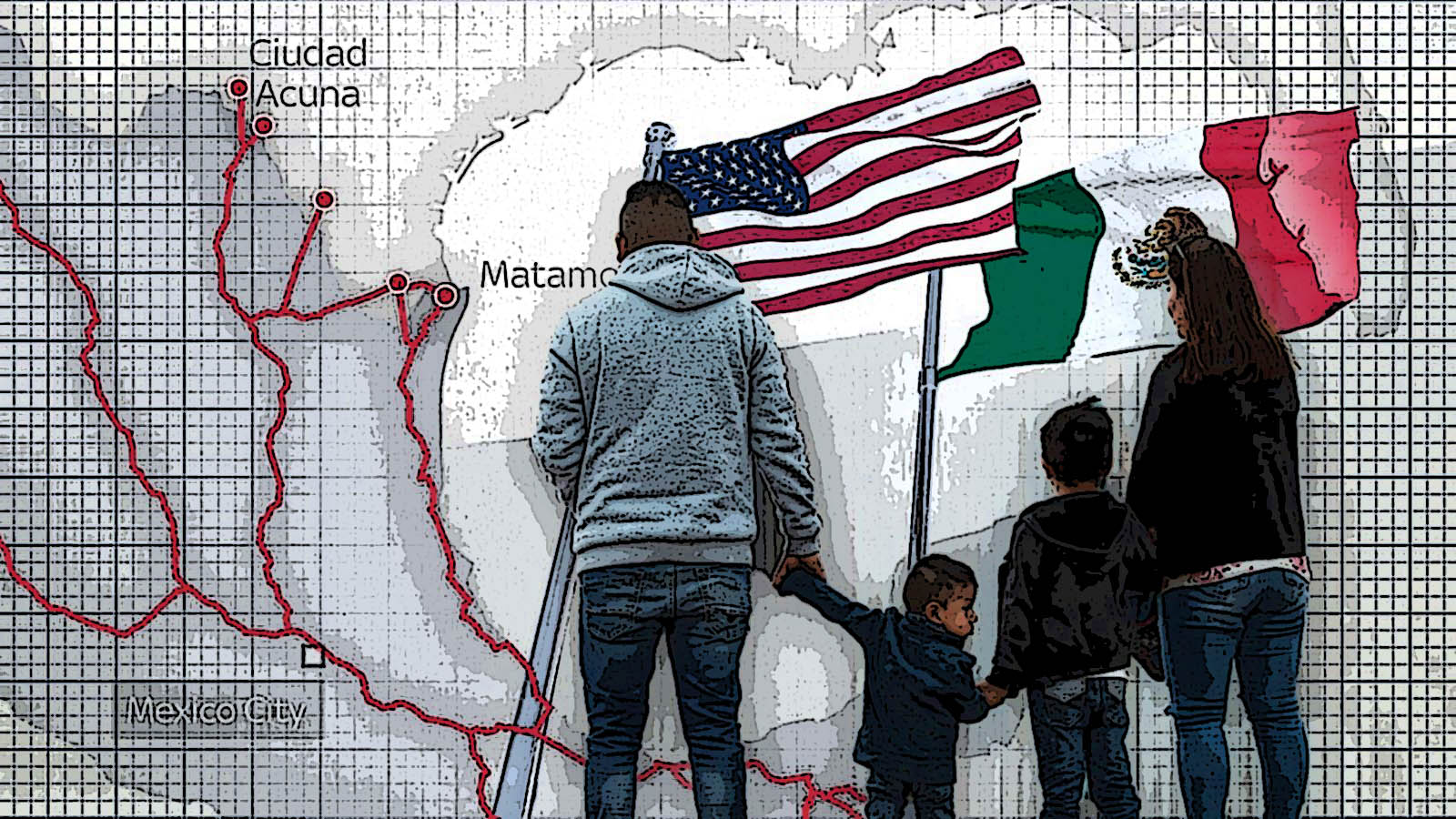
Estimating the Number of Undocumented Americans in Mexico
The phenomenon of Americans residing illegally in Mexico is a multifaceted issue shaped by various factors, including economic opportunities, lifestyle preferences, and the complexities of immigration laws. This article delves into the number of Americans living illegally in Mexico, the pathways through which they become undocumented, the types of employment they engage in, and the methods they use to secure jobs.
Estimating the Number of Undocumented Americans in Mexico
Determining the exact number of Americans living illegally in Mexico is challenging due to the fluid nature of migration and the lack of comprehensive data. According to a 2012 BBC report, about 1,000 U.S. citizens were questioned over irregularities in their immigration status by Mexican authorities in the previous year. These individuals faced modest fines, up to $50 for working without a permit or living without proper documents, and up to $400 for overstaying visas after being asked to leave.
A 2017 article by Latino Rebels referenced a report from Mexico’s Excélsior news outlet, stating that 91.2% of all Americans residing in Mexico were doing so illegally. This figure was based on a 2015 census survey from Mexico’s Institute of Geography and Statistics, which indicated that out of 739,168 U.S. citizens living in Mexico, only 65,302 had legal residency. However, this data may not account for individuals with dual citizenship or those who have legal rights to reside in Mexico through familial connections. Latino Rebels
Pathways to Undocumented Status
Americans may find themselves in Mexico without legal status through various means:
Overstaying Tourist Visas: Many Americans enter Mexico on tourist visas, which typically allow for a stay of up to 180 days. Some choose to remain beyond this period without obtaining the necessary extensions or residency permits, thereby becoming undocumented.
Engaging in Unauthorized Employment: While some Americans enter Mexico with the intention of working, they may not secure the appropriate work visas. Employment without proper authorization is a violation of Mexican immigration laws.
Failure to Renew Residency Permits: Temporary residents are required to renew their permits periodically. Neglecting this responsibility can result in the loss of legal status.
Employment Among Undocumented Americans
Undocumented Americans in Mexico often seek employment in sectors that are less regulated or where informal hiring practices are common:
Tourism and Hospitality: Resort areas such as Puerto Vallarta attract many American visitors, some of whom overstay their visas and find work in hotels, restaurants, or as tour guides. An example is Jessica, who moved to Puerto Vallarta to work legally but took a second job in a restaurant without proper authorization.
Education: Teaching English is a popular occupation. Some Americans work in language schools or offer private lessons without the necessary work permits.
Online Freelancing: The digital economy allows individuals to work remotely. Some Americans engage in freelance work online, earning income from clients outside Mexico, which they may perceive as not requiring local work authorization.
Methods of Securing Employment
Undocumented Americans often rely on informal networks and methods to find employment:
Networking within Expatriate Communities: American expatriate communities can be tight-knit, with members sharing job leads and opportunities informally.
Direct Approaches to Employers: Some individuals approach businesses directly, especially in tourist areas where English-speaking staff are in demand.
Online Platforms: Job boards and social media groups dedicated to expatriates often feature job postings, though these positions may not always comply with legal employment requirements.
Legal and Social Implications
While Mexican authorities have historically been lenient towards undocumented Americans, this status carries significant risks:
Legal Penalties: Fines for immigration violations can accumulate, and individuals may face deportation.
Employment Exploitation: Without legal protections, undocumented workers are vulnerable to exploitation, including unfair wages and poor working conditions.
Limited Access to Services: Undocumented status can restrict access to healthcare, banking, and other essential services.
The presence of undocumented Americans in Mexico underscores the complexities of migration and the reciprocal nature of immigration issues between neighboring countries. While many Americans are drawn to Mexico for its culture, climate, and cost of living, it is imperative for individuals to adhere to immigration laws to ensure their rights and well-being. Both the U.S. and Mexico face challenges in addressing undocumented migration, highlighting the need for comprehensive and humane immigration policies.BBC
Image/news.sky.com




